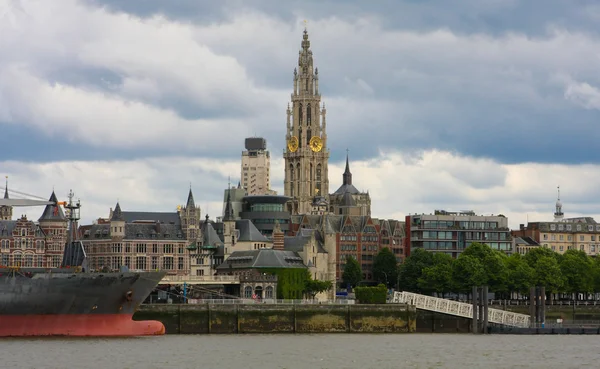Statistics from the European Environment Agency reveal that air quality in Flanders is worse than in Wallonia, though the findings come as no surprise to professor of bioscience engineering Roeland Samson from the University of Antwerp.
"Flanders is more densely populated, which means more emissions from traffic and home heating, among other things," he explains. "In addition, we have intensive livestock farming here, which indirectly leads to extra particulate matter emissions."
Belgian cities, and certainly the Flemish ones, remain in the European middle bracket when it comes to particulate matter pollution. Despite this, Samson does not write off living in big cities.
"It is very ecological because you have little need for travel by car," he said. "City dwellers just suffer from people who travel to cities by car. Due to the dense population and the narrow streets, the wind cannot blow away pollution. In this area, the course must be changed: combustion engines must be kept outside, and open spaces must be created."
Looking to the future
On the plus side, nitrogen emissions in Belgium have fallen sharply over the past thirty years. Yet, there is room to improve.
"Huge efforts have been made, but we are still above the safe limit," Samson said. "It has to be better, because we still have thousands of deaths in Flanders every year, and that is thousands too many. We must never find that acceptable."
According to Samson, Flanders remains on the right track, although "that track is too slow."
"Day after day, we are witnessing how climate change is starting to take its toll more and more," he said. "In fact, quick measures are a win-win situation for many of the problems we face."
Related News
- Brussels in world top ten for cities going green the fastest
- Majority of Brussels residents want more car-free days
- Top 50 European cities with best air quality includes two Belgian cities
This approach is best done at the European level. Samson noted that the rest of Europe would benefit from the low-emission zones that can now be seen in various Flemish cities.
"We need to be much stricter on the emission standards," he said. "People already have that in their sights, but we are moving towards them far too slowly."

